Implementing a robust Quality Management System (QMS) with excellent procedure control offers several advantages and benefits. Here are some key points:
1. Consistent quality: A robust QMS ensures consistent quality throughout the organization’s processes, products, and services. It establishes standardized procedures, guidelines, and controls that help maintain uniformity in operations. This consistency leads to improved customer satisfaction and loyalty.
2. Compliance with standards: A well-implemented QMS ensures compliance with relevant industry standards, regulations, and certifications. It helps organizations meet legal requirements and adhere to specific quality criteria set by regulatory bodies or customers.
3. Enhanced efficiency: An effective QMS streamlines processes by eliminating redundant activities, reducing waste, optimizing resource allocation, and improving overall efficiency. By identifying areas for improvement through regular audits or reviews, the organization can implement corrective actions that lead to increased productivity.
4.Improved risk management: A robust QMS includes risk management practices that help identify potential risks or hazards early on. This allows organizations to implement preventive measures, reducing the likelihood of incidents or non-conformities. Risk assessments enable proactive decision-making, and mitigation strategies minimize disruptions to operations.
5.Customer satisfaction: Implementing a strong QMS demonstrates a commitment to delivering high-quality products/services that meet customer expectations. It includes mechanisms for capturing customer feedback, resolving complaints,and continuously improving based on customer needs. This focus on customer satisfaction enhances brand reputation, and fosters long-term relationships with clients.
6.Better decision-making: A well-structured QMS provides accurate data,critical metrics,and performance indicators.These insights enable informed decision-making at all levels of the organization.Management can use real-time information from the system to identify trends,patterns,and areas requiring attention.This data-driven approach supports strategic planning,business growth initiatives,and continuous improvement efforts.
7.Employee engagement: An effective QMS promotes employee engagement by involving them in process improvements,suggesting ideas for enhancing quality,and providing training opportunities.Employees become active participants in maintaining and improving the QMS,leading to a sense of ownership and pride in their work.
8. Continuous improvement: A QMS encourages a culture of continuous improvement by establishing processes for monitoring,evaluating,and enhancing performance.Organizations can use tools such as root cause analysis,corrective actions/preventive actions (CAPA),and internal audits to identify areas for improvement and implement changes.This focus on continuous improvement helps organizations stay competitive and adapt to changing market dynamics.
9. Cost savings: Implementing an effective QMS can lead to cost savings through improved efficiency,reduced waste,minimized rework or defects,and optimized resource utilization.Avoiding quality issues or product recalls also prevents financial losses associated with customer dissatisfaction or legal liabilities.
10. Scalability and growth: A robust QMS provides a solid foundation for scalability and growth.It allows organizations to expand operations,enter new markets,or introduce new products/services with confidence.The standardized procedures,controls,and documentation enable efficient replication of successful practices across different locations or business units.
In summary,a robust Quality Management System (QMS) with excellent procedure control offers advantages such as consistent quality compliance with standards,enhanced efficiency,better risk management,customer satisfaction,better decision-making,employee engagement,continuous improvement,cost savings,and scalability.These benefits contribute to organizational success,growth,and sustainability in today’s competitive business landscape.





